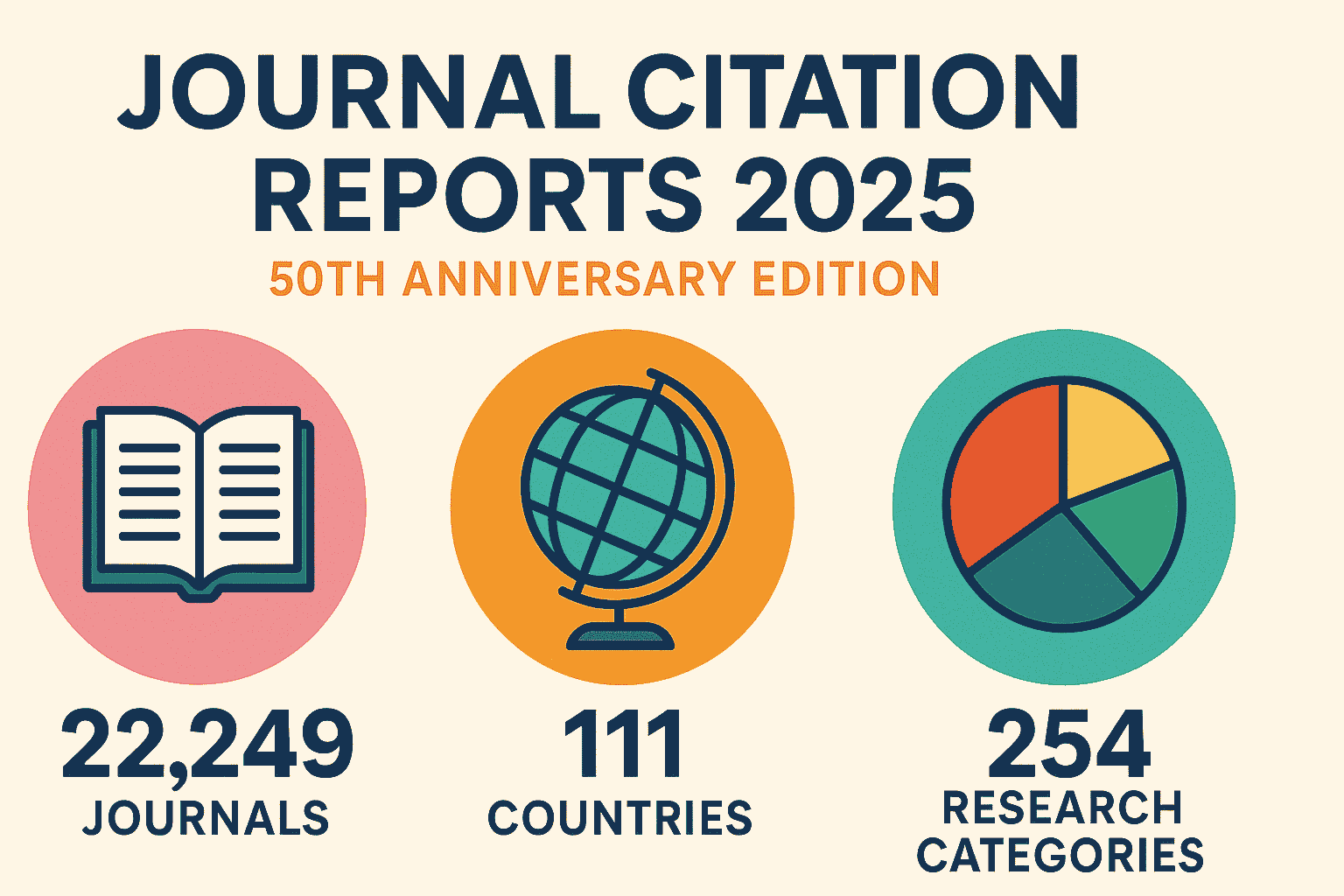Multidrug-resistant bacteria detected in Chilean wastewater for the first time – New Study/Science Updates
A team of Chilean researchers has identified, for the first time in the country, the presence of KPC-type carbapenemase-producing bacteria in wastewater samples from the Greater Concepción Metropolitan Area. The finding, published in the journal Biological Research, raises concerns about the environmental circulation of microorganisms with high levels of resistance to critical clinically used antibiotics and reinforces the need for surveillance within the framework of “One Health.”
Summary
Chilean researchers have discovered KPC-type carbapenemase-producing bacteria in Greater Concepción wastewater, marking the first such identification in the country. Published in Biological Research, the study highlights the presence of highly antibiotic-resistant microorganisms in the environment. This discovery raises significant concerns about the potential spread of these resistant bacteria and reinforces the urgent need for enhanced environmental surveillance under a “One Health” approach, which considers the interconnectedness of human, animal, and environmental health. The finding underscores the growing threat of antibiotic resistance and the importance of monitoring its environmental circulation.
Read more…
This post is part of “Science and Technology News”, Follow for more…!!!
Credits: Source
Disclaimer








